Want to get the very best out of your ground-breaking Toyota hybrid? We’ve gathered a number of hybrid driving hints and tips that will help you to get the best from the system, improving fuel consumption and getting you further for less.
Whichever Toyota hybrid you’ve set your heart on, the following tips and pointers should maximise the range and fuel economy of your Toyota.
The basics
It’s not just hybrids that benefit from the first seven tips – these will help to improve any car’s fuel efficiency:
- Clear out the boot! Keeping the boot free of unnecessary weight will give your car and immediate boost in performance and economy.
- Check your tyre pressures – dig out your owner’s manual, and do a weekly check to ensure that your tyres are correctly inflated in line with Toyota’s recommendation. Or read our handy tyre pressures article here.
- Think ahead – by planning your journeys, you can avoid traffic jams and minimise the likelihood of getting lost.
- Shut up! Closing the windows and sun roof at speeds above 45mph will reduce drag, reducing fuel consumption.
- Remove unused roof racks, boxes and bike racks – they’re a real drag too!
- Steady as she goes – maintain a steady speed and don’t go over the speed limit.
- Smoothly does it! Try to avoid sudden braking or acceleration.
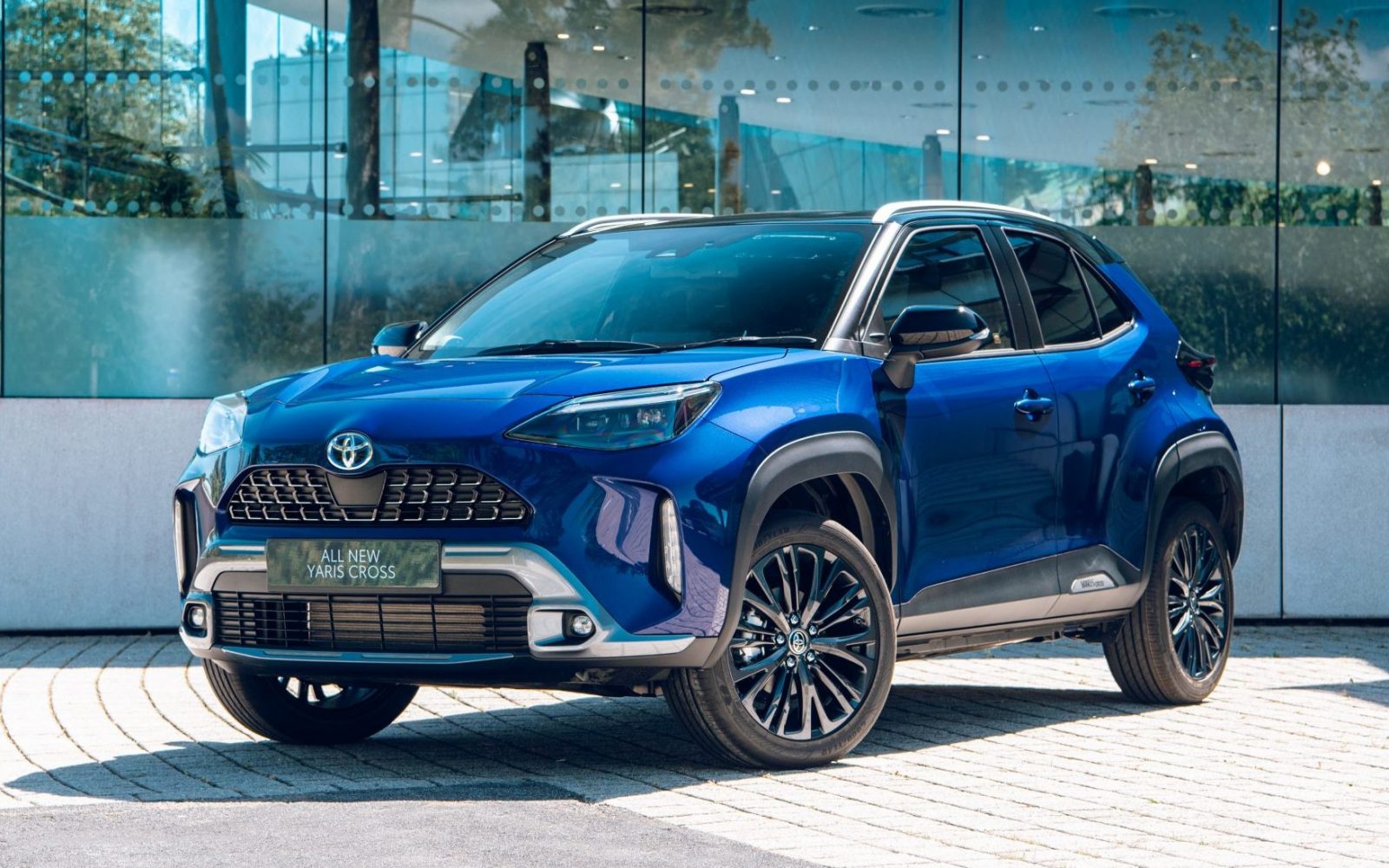
Hybrid driving: hybrid-specific tips
Sorry everyone else, but these tips are for hybrids only:
- Become familiar with the hybrid information display so you can know how much energy is being used.
- EV does it! Keep the car in EV mode as much as possible by using the accelerator gently, pressing it lightly but consistently.
- Improve efficiency with ECO mode, which reduces aggressive throttle response.
- Harvest time – braking gently and early helps the regenerative braking harvest more energy, which means EV mode can operate for longer periods.
- Keep an eye on the dials and gauges to fully understand the hybrid system and manage the charge levels in the hybrid’s high-voltage battery.
- If you’re in stop-start traffic, don’t put the car in neutral (‘N’) when stationary, as electricity will not be generated and the hybrid battery will discharge.
- Consider using cruise control (where fitted) to maintain steady speeds.
- When using climate control, Re-circulate mode reduces energy usage.
- Think about the environment! Constant or heavy use of systems like air-con, lights and wipers will increase energy consumption.
Hybrid driving: drive modes
Toyota hybrids have four drive modes: Normal, EV, Eco and Power. When you first start your hybrid, the car defaults to the ‘Normal’ drive mode, which automatically manages the most efficient use of both the engine and the battery.
Drivers can also select one of the car’s on-demand drive modes to achieve better fuel consumption in certain settings.
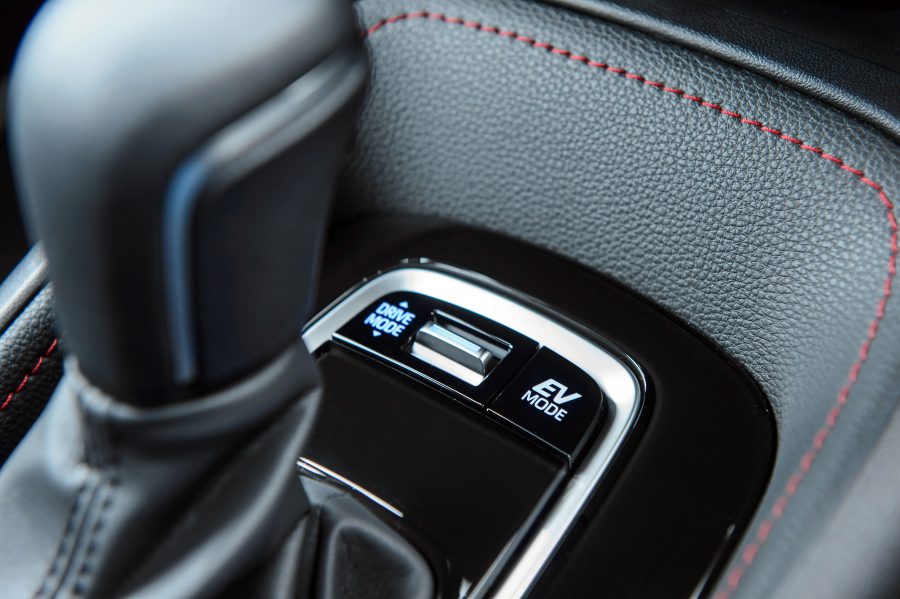
These drive modes are: EV Mode where the car is powered by the battery only during city driving, running near-silent and with no tailpipe emissions; Eco Mode that reduces A/C output and lessens throttle response to limit harsh acceleration; and Power Mode which boosts acceleration by using the hybrid battery to assist the petrol engine.
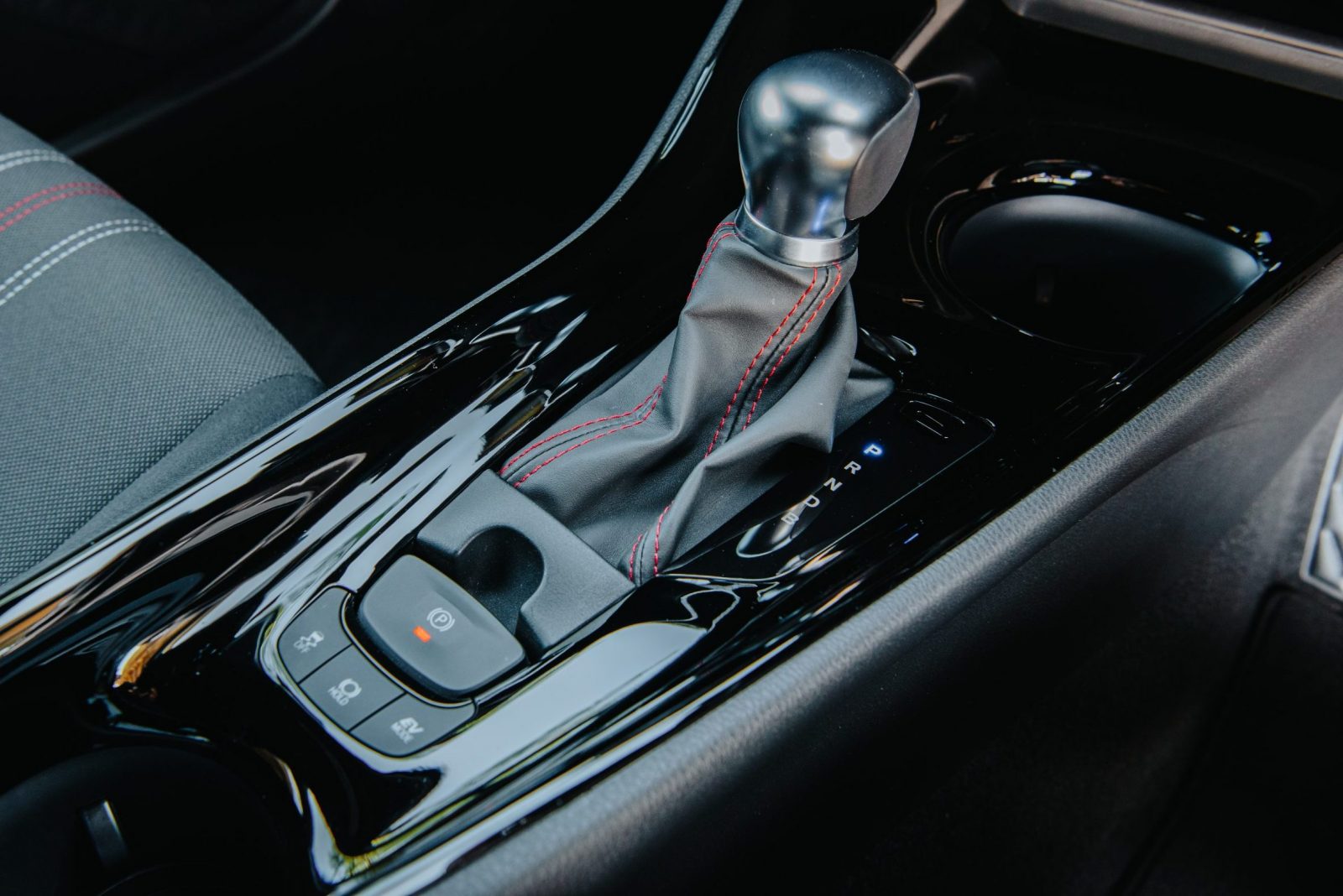
The shift lever offers four positions: R (Reverse), N (neutral), B (engine braking) and D (drive). For normal driving, D (drive) is absolutely fine, but should you need it, position B has the effect of engine-braking handy when descending a steep hill, for example. It’s not recommended to leave the car in position B for normal driving, mainly because you’d end up using more fuel than necessary!
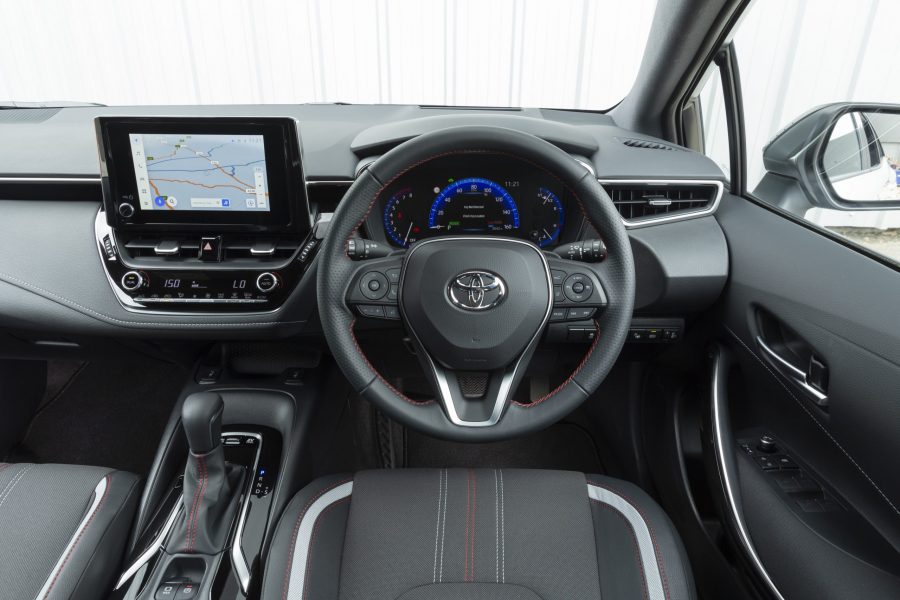
Hybrid driving: read the road ahead
Another great hybrid driving tip is to use the car’s battery whenever possible.
Another great hybrid driving tip is to use the car’s battery whenever possible. You can do this in town and urban driving by accelerating to your required speed, easing off the accelerator and then gently easing the accelerator on again. By doing this, you can activate EV mode – indicated by the dashboard light – which means that the engine has switched off and you are using the electric battery.
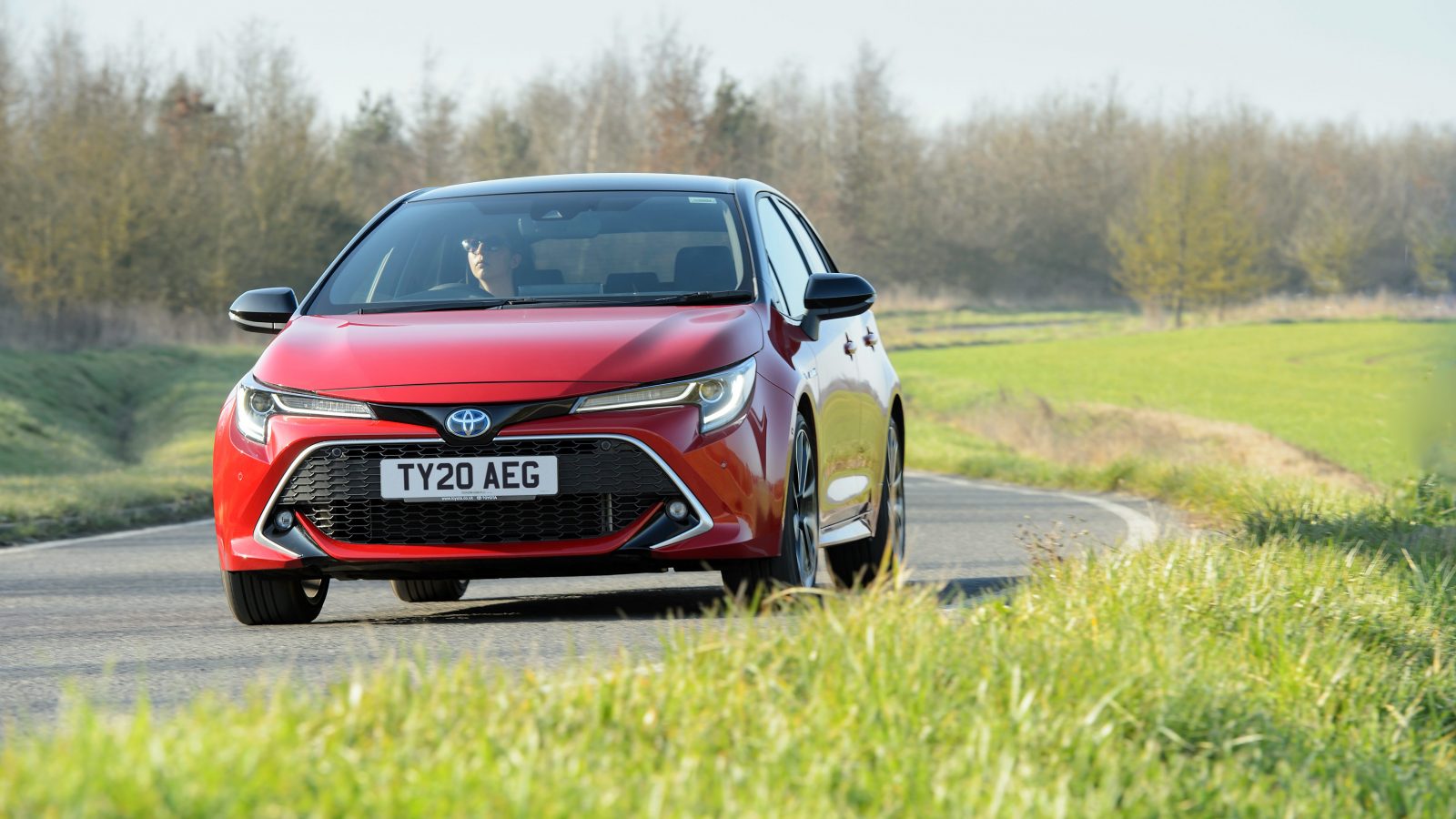
Try to maintain a constant speed and, as always, it’s important to read the road ahead. By doing this, you can reduce the amount of unnecessary braking and accelerating, using less fuel. Braking slowly and gently also maximises the amount of energy recovered by the regenerative braking system on the car.
Other factors to consider
Bear in mind that there are many factors that can affect a car’s performance, hybrid included. On cold days, your car will use more fuel as it warms up, but once it’s reached its optimum temperature, the MPG figures will increase.
Also, during the winter, you’re more likely to be using the air-conditioning, lights and wipers, all of which will use some electrical power from the battery. If you regularly travel the same route, don’t be surprised if you get better MPG figures during the summer than in the winter!
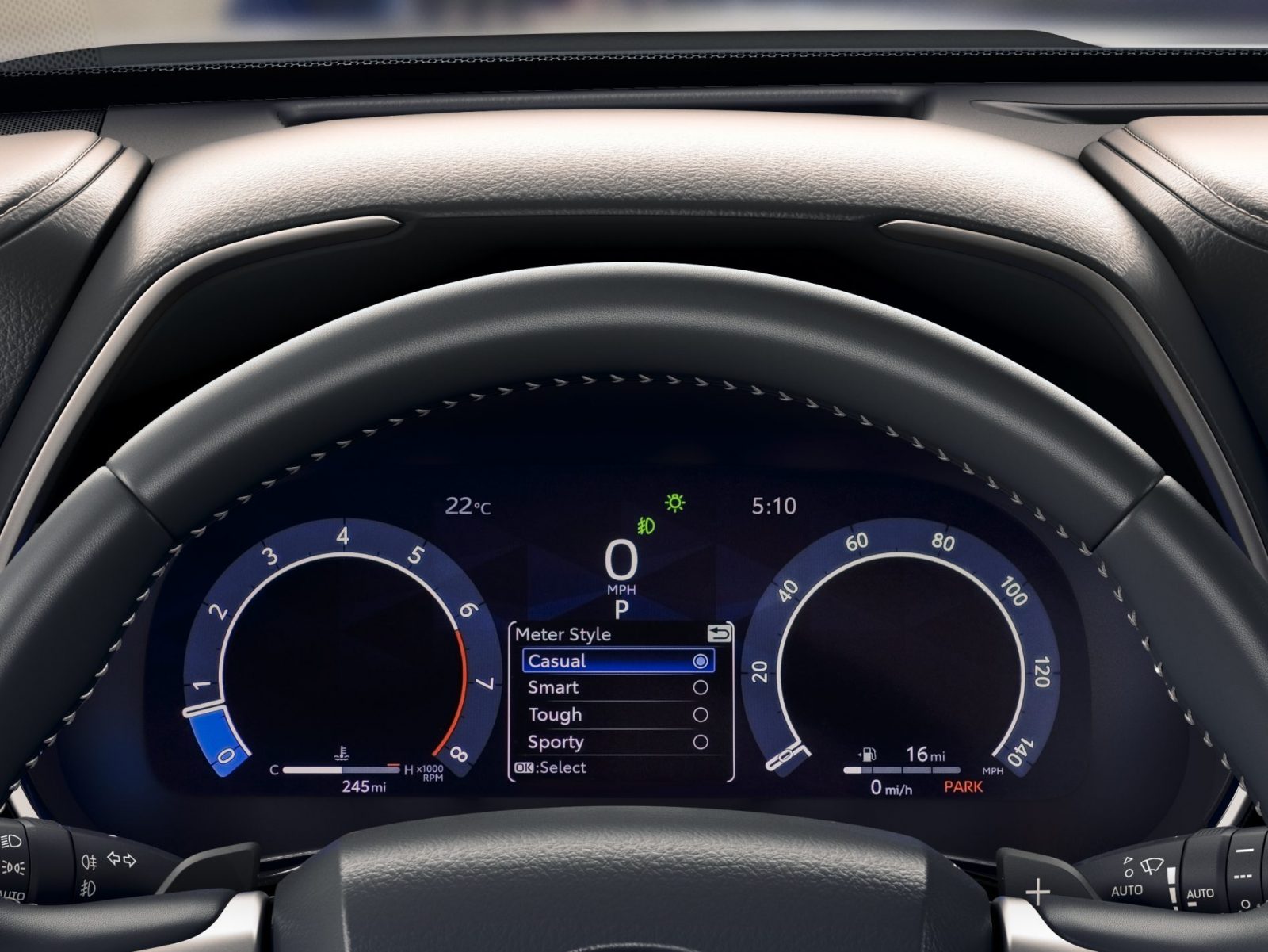
If you’d like more hybrid driving tips or want to discuss your driving technique with other hybrid owners, it’s worth visiting the Hypermiler website.
As a final note, please remember that these hybrid driving tips are published as general guidance on how to get the best fuel economy from your Toyota hybrid. Toyota encourages and supports safe driving at all times – please adhere to the rules of the road.
Read more: Toyota hybrid – how does it work?
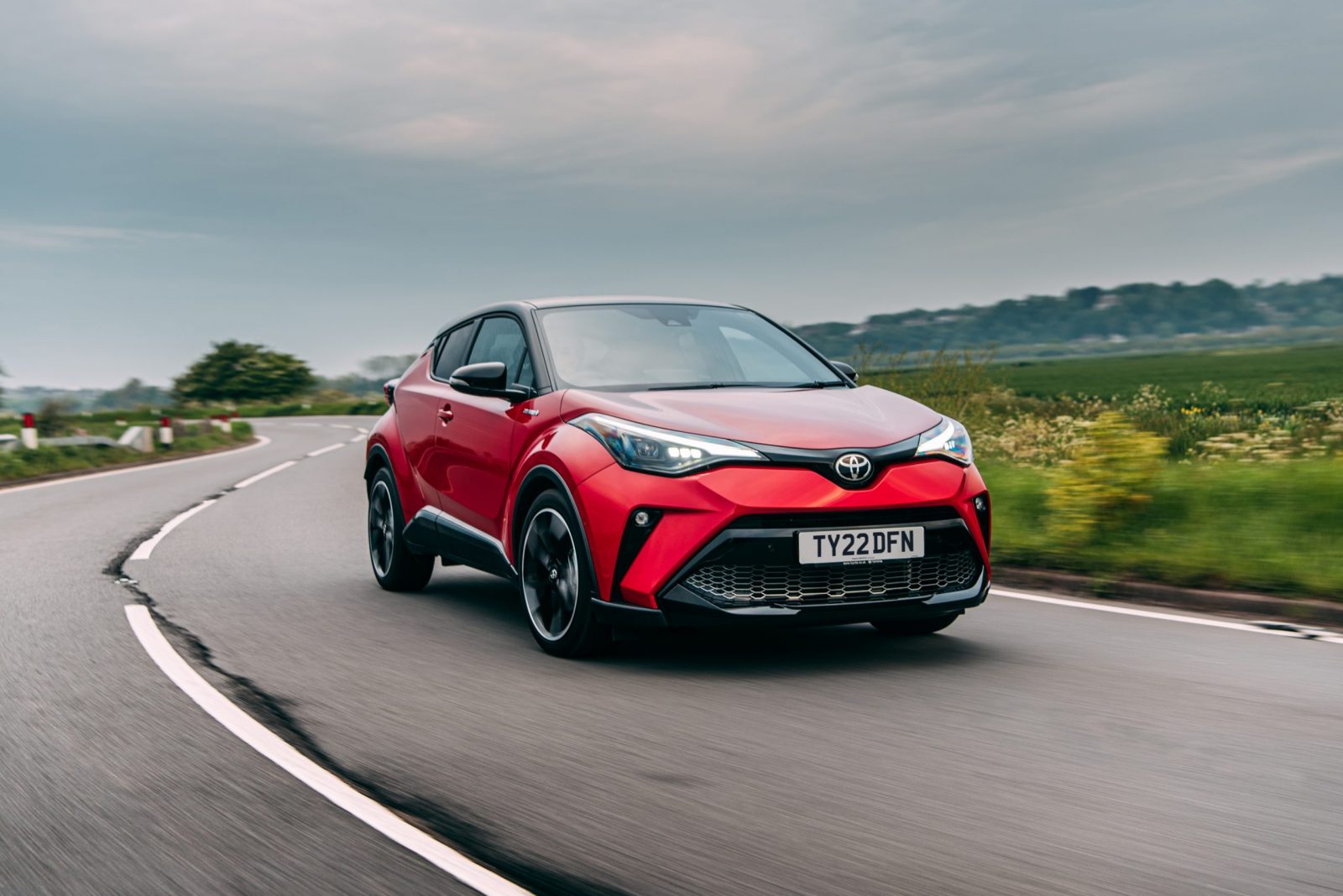
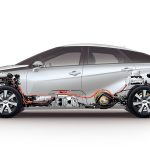
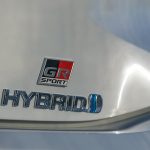
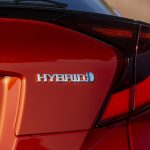
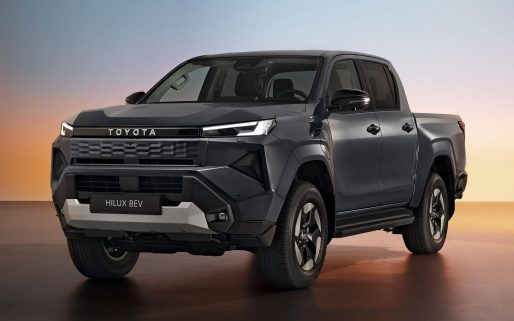
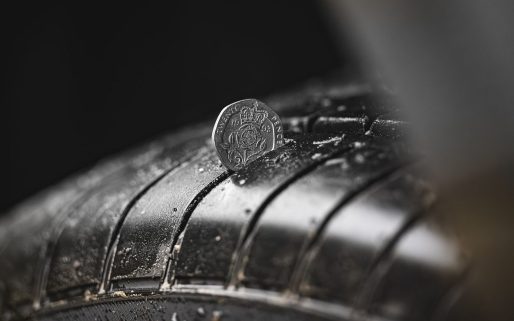

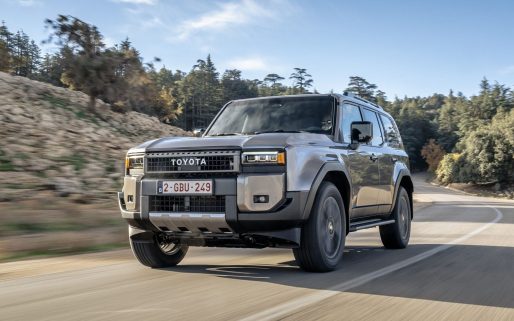
I got my Auris Touring Sport 1.8 hybrid in January 14 and have been waiting for the mpg to hit some big numbers. Based on the number of remarks below I can stop waiting. I have tried every type of driving you can think of and the best i can get is about 41 MPG. I suggest we all send our thoughts into WATCHDOG.
I would like to see the standardized EU test report which is regurgitated over and over again in commentary but never really explains how the mpg suggested by Toyota can be so far out from real world driving. What are the test parameters set in this EU test and why do they not represent real world driving. Otherwise what is the point of the test, surely it is there to protect the consumer and not miss lead it.
For those who have purchased this car in the hope to save money and to save the planet you are not going to save a penny and you are going to kill the planet.
For those of you who are undecided, just read below and make your own informed decision. Do NOT believe the bumf
One more point I should make, other than the miss leading MPG mentioned below, I am happy with the car. But remember, the biggest selling point of this car is the savings you will make by having a hybrid. Otherwise whats the point of shelling out £26,000 when you could buy other cars that give much better MPG performance and fuel economy at a more competitive price.
Hi Pasq,
Thanks for your post.
By applying the driving tips displayed in this blog post many customers have achieved higher MPG figures than those you have have stated, some have exceeded the official figures.
With regard to the fuel consumption figures which we have to quote on our marketing material, this is a standard EU test which has to be undertaken by all vehicle manufacturers. This may not be representative of real world driving conditions and the purpose is to provide a level playing field for consumers to judge one vehicle against another. More details about the fuel consumption test and how this is undertaken is on the VCA website: http://bit.ly/19uZUkY
Hope this helps.
Sorry to hear you’re getting poor MPG from your Auris Hybrid but just to assure others reading this I have an Excel Hybrid and I’m getting a minimum of 53 MPG in the coldest months and I’m currently (in April) getting 62 MPG, these are average figures using mostly town driving and rarely used on a motorway. These are figures calculated on actual petrol use and not the overly optimistic computer readings that are about 5%-10% higher.
As I previously had an Auris T Spirit Hybrid I know these figures will rise as the temperature rises.
On many occasions I’ve made a very carefully driven round trip of about 25-30 miles and had over 80 MPG
i bought a yaris hybrid less than 4 weeks back, the brochure provided said there was a auto rain sensing wiper and auto head lights, however when I could not find it in a week after purchase, I went to the dealer who told me it was a misprint and therefore they were sorry, however they had no liability as it was Toyota’s fault. called up customer service who said it was not Toyota’s problem and it was the dealers problem.
therefore now I have the car which does not have something that I was advised it would have.
not very happy.
Hi Adeel,
We are very sorry to hear of this and can only apologise for the inconvenience it may have caused you. It sounds like you have been pushed from pillar to post a little.
Our best advice would be to contact Customer Relations again through this link: http://po.st/O3vN72
Hope this helps.
Well, I have run an Auris hybrid for nearly four years, have driven it six times across Europe and back and have nothing but praise for this model, except for the dated GPS which shows me driving offroad at times in France. Fuel consumption was a bit “iffy” in the Alps, …..
but in one word….BRILLIANT!
With the mix of feedback from different people claiming different levels of success regarding their fuel economy, I thought I’d add a comment as I am not finding it too hard to get decent consumption from my 2013 Auris Hybrid. My last journey was the commute from my office where the computer claimed my average to be 99.9mpg for a mainly town-based journey with some uphill and some downhill. I’m aware that the computer us not 100% accurate, but even -10% yields a good rate of consumption. My vehicle has clocked 9000 miles.
I’ve found that temperature can be a big factor in the amount of fuel used, as well as planning when to make best use of the engine or the regenerative braking. Admittedly those strategies are more possible on routes that you know, however I’ve achieved some satisfactory averages on longer motorway journeys too just through carefull driving!
On the whole I’ve been very happy with my purchase and the car has met my expectations 🙂
Hi Marc,
The computer gives the maximum reading of 99.9mpg on a short trip with the vehicle on purely electric mode
Hi Barry,
Yes, quite right, so the actual consumption may have been more. This was a 20 min drive with 30, 40 and 50mph zones so the ICE was used as well as the electric motor.
There is talk of 53-62 mpg for this Toyoto Hybrid ( forget about the 100mpg whilst on battery), this isn’t that good considering the amount you pay for the car. My 14 year old Rover 45 Diesel with 100,000 miles on the clock has averaged 48 from new and achieved 58.6mpg on a 220 mile motorway run recently and in the summer around the town often achieves over 50 mpg.
I don’t have to lug a great battery around and an electric motor and extra alternator.
They could fit regenative braking to all cars to charge up the battery, particularly the way some people drive, forever braking rather than taking your foot off the accellerator and slowing down that way which also saves fuel.
Diesels can be as good or in some cases better than hybrids on motorway trips “but” if you use the vehicle mainly for town driving then the start/stop and EV technology would enable the Hybrid to return far higher MPG and a lot of your journey would be in virtual silence, unlike a diesel.
Also, don’t forget the Prius/Auris Hybrids are automatic and I doubt there are any diesel automatics with similar level of specification that could come close to their MPG.
I don’t buy automatics for several reasons:
* Poor economy
* Lack of driving feel – stamp and hope!
* There are times such as in snow for example you can engage 3rd take your feet off the pedals and allow the engine to pull you out of a slippery surface.
* Use of gears in snow for slowing down.
* Lack of engine braking, by changing down, forever relying on the brakes which could overheat on long and winding roads.
I have driven automatics whilst in the USA and found them quite boring and when I bought my own car I bought a manual.
If an automatic transmission goes wrong you probably cannot drive the car. If you loose your clutch hydraulics on a manual you can still change gear by correct revs and feel as a ‘get you home’.
The hybrid is still a concept car, that the manufacturers are gaining experience with it until such time a light wieght battery with a long life between charges has been developed to give the range of a fossil fuel car. They have still come a long way from the electric milk floats and BR delivery trucks with their large accumulators. But the hybrid is still a petrol car with a 15 mile electric range.
I am surprised the LPG car did not take off as this fuel could be used on a petrol or diesel engine as there are Marine dual fuel diesel engines in use at present and these have cylinder bores of 800mm. Usually LPG/LNG tankers have this type of engine fitted such that they can use cargo boil off gas during the voyage.
Another Marine fact- The Common Rail fuel system on diesel cars that salesmen talk about as the bee knees is not new. It has been around since the late 1940’s and was a British invention on the Doxford engine built in Sunderland, the present home of Datsun manufacturing in Britain.
Interesting times in automotive development. I believe this global warming argument (is only that) is a means of breaking the monoply of the Oil producers that have probably stopped development and production of other concept vehicles that do not use fossil fuels. They have bought out and ‘shut up’ designers in the past.
The Toyota Hybrid is not an automatic. It is a variable field magnetic drive. These have been tried and tested in industry for many years.
The advantages of an automatic / hybrid drive are
1/ You cannot stall the engine
2/ You are always in the correct gear,
3/ You can indicate your intention, when you might be changing gear.
4/ You always have your hands on the steering wheel
The Toyota hybrid has an engine breaking system. This saves wear on the brakes..
My 12 year old 145000 mile Toyota Yaris d4d diesel mmt automatic averages real world 63 mpg. Probably better than the Yaris Hybrid gets close to real world mpg.
Just to update on my Yaris. Today I got 58 mpg. Now I was complaining when it was 43mpg and it has been back to the garage twice. But happy with 58. Radio reception terrible in different parts of London. Other than that now happy with the Yaris. Thanks
I have a 2011 Auras Hybrid. Done 40k miles and reasonably pleased with economy. Last month I did 1700 miles mixed town, country, motorway, and achieved an average of 60 mpg which although lower than official mpg is not too bad. The one thing I would prefer is a “conventional” auto box. The CVT if ok in most driving, but too noisy when pulling up hills.